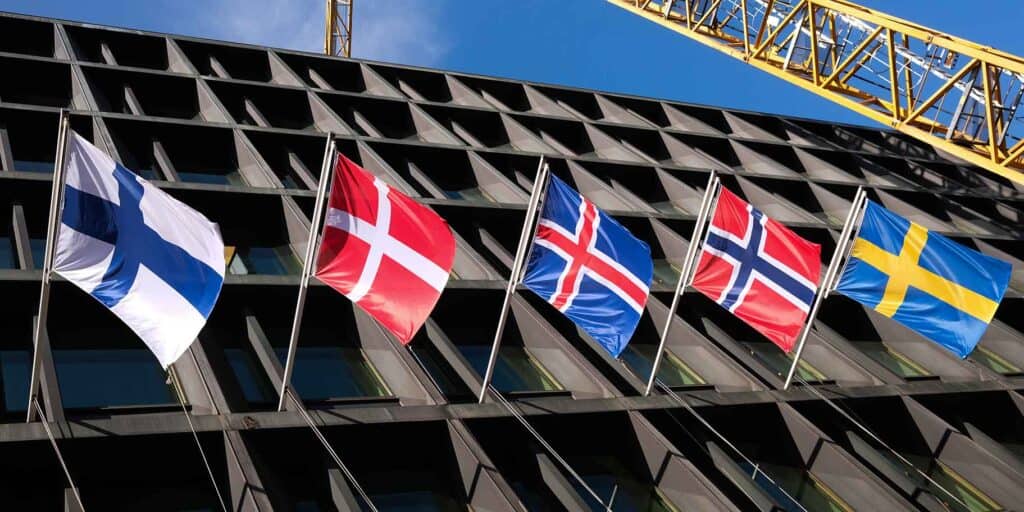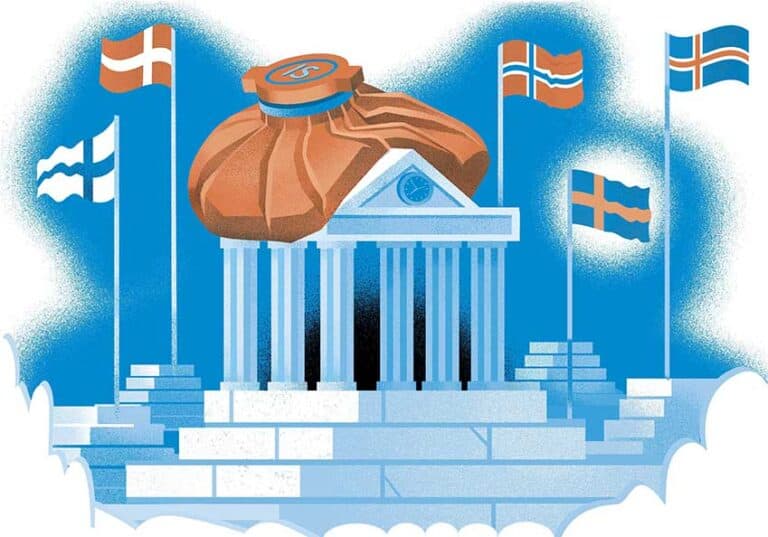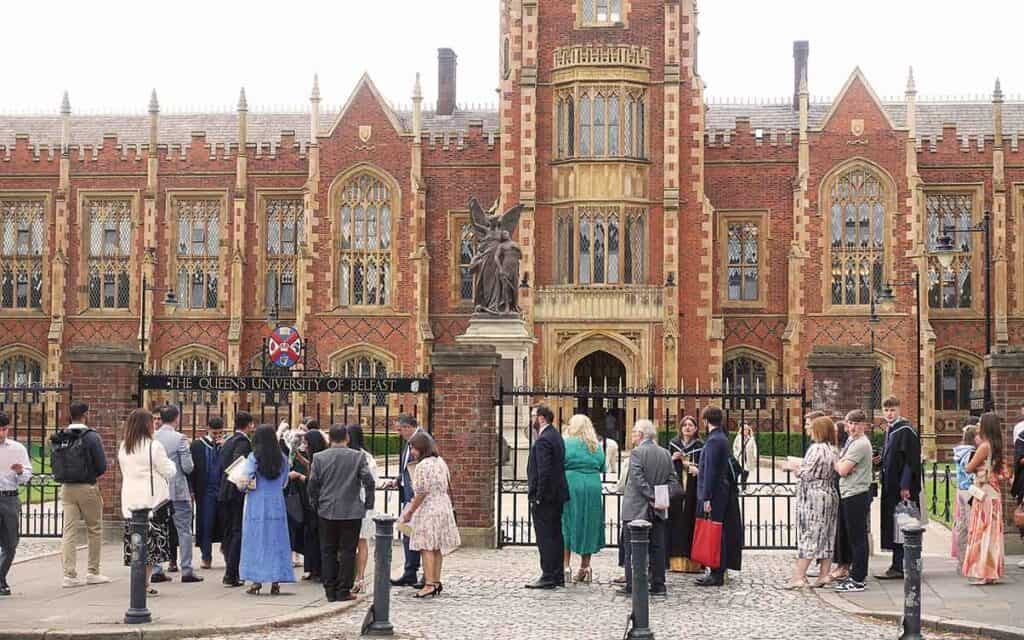For several years, SULF has been trying to secure constitutional protection for academic freedom and institutional autonomy. From an international perspective, it is one of the most important trade union issues, says Karin Åmossa, Head of Policy and International Affairs at SULF.
“That is because we see how academic freedom is under pressure in Europe and in decline around the world.”
There are some differences between the Nordic countries when it comes to academic freedom, for example when it comes to legislation.
“In Finland, science, the arts and higher education are protected under the constitution,” says Åmossa. “We don’t have that in Sweden. Here it is only research that must be free.”
What is missing, she believes, is protection from the state.
“The constitution is in fact a protection from the state, so that politicians cannot suddenly and arbitrarily change things that are fundamental to a democracy, such as freedom of speech and freedom of the press. That should also apply in full to academic freedom.”
In Denmark, there is frustration at higher education institutions regarding academic freedom, says Frederik Hertel, Vice President of the union DM Universitet. Since the Higher Education Act was revised in 2003, a university’s executive management is no longer elected by the employees. Higher education institutions are governed based on a model inspired by the corporate sector.
This has created a situation with strong management, while the union has much less knowledge and influence than before, he says.
“We have taken a sharper turn than Sweden and Norway when it comes to strengthening the position of management and making researchers and other employees more powerless. As a consequence, more and more colleagues are becoming frustrated.”
He describes Denmark as more liberal in general than its Nordic neighbours. “This means that the politicians want to act through “professional management”, as they call it, on the one hand. On the other hand, they are less willing to regulate.”
Constitutional protection of academic freedom in Denmark is therefore not feasible in practice, says Hertel.
“No, I find it easier to envisage a law on academic freedom in Sweden than in Denmark.”
Danish research is also in need of greater financial independence, he says.
In recent years, Norway has seen an increased political desire to control research, says Jorunn Dahl Norgård of Forskerförbundet, the Norwegian Association of Researchers.
“Academic freedom comes under pressure in a situation where there is increased competition for funding, where you have to follow the money to an even greater extent in relation to what you choose to research. So even if politicians need to prioritise, there needs to be a balance.”
Another problem is threats, hatred and harassment directed at researchers, she continues.
“We see more and more researchers reporting that they have been harassed. Especially if they work with areas of research that are perceived as controversial.”
Iceland’s Higher Education Act contains a section on academic freedom, written in 2012. Recently, the higher education sector has seen examples of politicians trying to influence research by directing funding in different directions. The concept of academic freedom therefore needs to be clarified and redefined, the country’s trade union representatives write in the report. They also emphasise that academic freedom is not constitutionally protected, which means that a political majority can easily change the wording of the Act.
Petri Mäntysaari, Vice President of Professoriliito, the Finnish Union of University Professors, describes how academic freedom in Finland is actually quite strong in an international context, in terms of legislation. Freedom of research and the freedom of higher education are enshrined in the constitution. What is missing in Finland is an actual definition of academic freedom, he says.
“Of course we have academic freedom, but when it comes to real issues, that freedom can be violated in practice.”
He gives the example of excessive use of insecure forms of employment and adds that, just like in other Nordic countries, there are question marks surrounding how research is financed. “People do not see that there is any conflict between the state being allowed to choose what research is carried out and academic freedom,” says Mäntysaari.
The Nordic trade unions within higher education will present a joint report on academic freedom in autumn 2024.
What is academic freedom?
In their joint report, the Nordic unions in the higher education sector define and describe academic freedom as follows:
Research and education must be free from and independent of influence from political parties, religious communities, the corporate sector and other business interests, as well as troll factories.
Academic freedom should be especially protected at higher education institutions. The institutions themselves have a responsibility to meet the research needs of society. Researchers must be open to criticism and abide by good research ethics principles.
In order for researchers to be able to develop new knowledge and withstand external pressures, independence, job security, time, resources and merit-based recruitment of employees in higher education are essential.


















